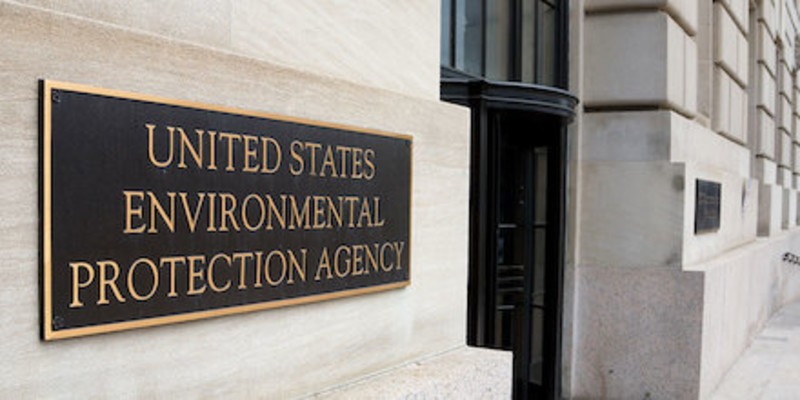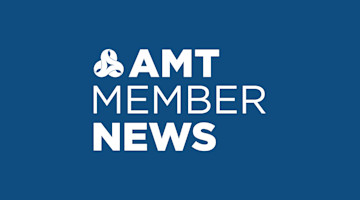On Sept. 3, the U.S. Environmental Protection Agency (EPA) announced plans to initiate new rule-making to reduce exposure to the five PBT chemicals it banned in January, including one widely used in manufacturing, PIP (3:1). The EPA also extended the date to comply with the PIP (3:1) ban to March 8, 2022.
PIP (3:1) is found in electronics components; robotics and manufacturing equipment; gaskets, clamps, tubes, harnesses, cables, and casings; lubricants and cutting fluids used in operating manufacturing technology equipment; and flame retardants. However, many manufacturers are still unaware that the EPA is now regulating PIP (3:1).
During the public comment period, the EPA heard from manufacturing companies and industry organizations, including AMT, on the lengthy and challenging process of locating the chemical, removing it from manufacturing supply chains, and replacing it with alternatives. The PIP (3:1) extension is meant to address these hardships and ward off disruptions for key consumer and commercial goods.
The EPA will soon issue a notice of proposed rule-making, seeking comment on a further extension of the March 2022 compliance date for PIP (3:1) articles. The agency wants more details on specific uses of PIP (3:1) throughout the supply chain, the steps taken to identify substitute chemicals for those uses, and an estimate of any additional time required to gather such information. The public comments will be accepted in docket EPA-HQ-OPPT-2021-0598 on www.regulations.gov for 60 days from publication of that proposed rule. The EPA intends to finalize this proposed rule-making, further extending the compliance date, before March 8, 2022.
AMT will keep you up- to date on developments on this topic. You can find more information and learn important steps manufacturing leaders can take to protect their businesses in this AMT article, Could Bans on PIP (3:1) Affect You?






